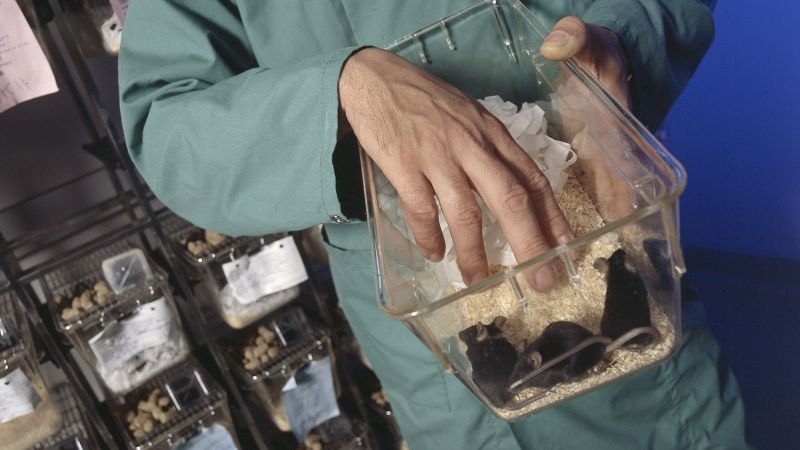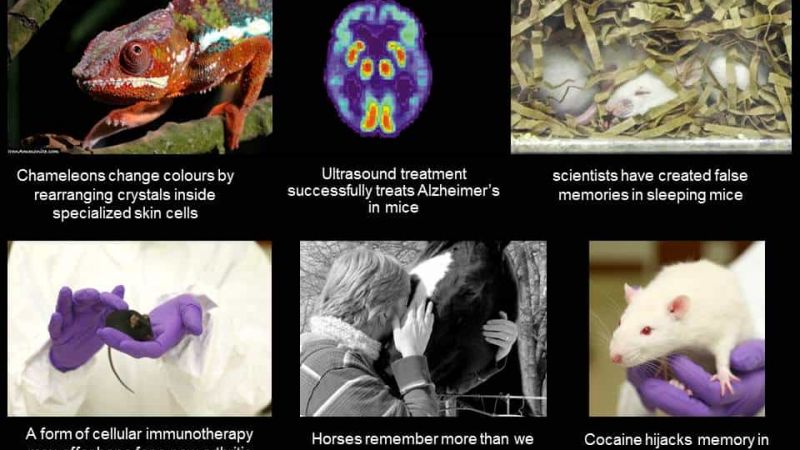Text to go here...
A new method to treat arthritis has proven successful in mice, and holds strong hopes for treating other autoimmune disorders.
Autoimmune diseases such as rheumatoid arthritis and diabetes occur when the body's immune system mistakes healthy tissue for foreign matter and destroys it. Cells called regulatory T cells (T-regs) can suppress a wide range of immune cells, making them an ideal candidate for the treatment of autoimmunity. However, these cells are rare and in limited supply. Dampening the immune system is also dangerous, as it leaves the body more susceptible to infections and other diseases. Therefore one of the key features of a treatment involving T-regs must be targeted delivery, ensuring damage to healthy tissues is minimised.
Now, researchers have found a way of using much more common ordinary T-cells from mice by converting them into the rarer T-regs, then using these cells to treat arthritis. A virus is used to insert two genes into the T cells: one gene transforms the them into T-regs whilst the other introduces a receptor for a substance called ovalbumin, which ensures targeted delivery.
Ovalbumin - a protein found in egg whites - was injected into the inflamed joints of arthritic mice so that when the modified T-reg cells were administered to the mice they only targeted the damaged tissues.
The treatment successfully reduced the number of inflammatory cells in the mice, and decreased bone destruction.
The artificially produced T-reg cells are much more stable than those that occur naturally, and are attracted to areas of the body where ovalbumin has been administered. This reduces the possibility that the cells could revert to T-cells and cause damage elsewhere.
The researchers are confident that similar T-reg therapies could be developed to target autoimmune diseases that affect other parts of the body by using different receptors.
Last edited: 11 January 2022 09:02



